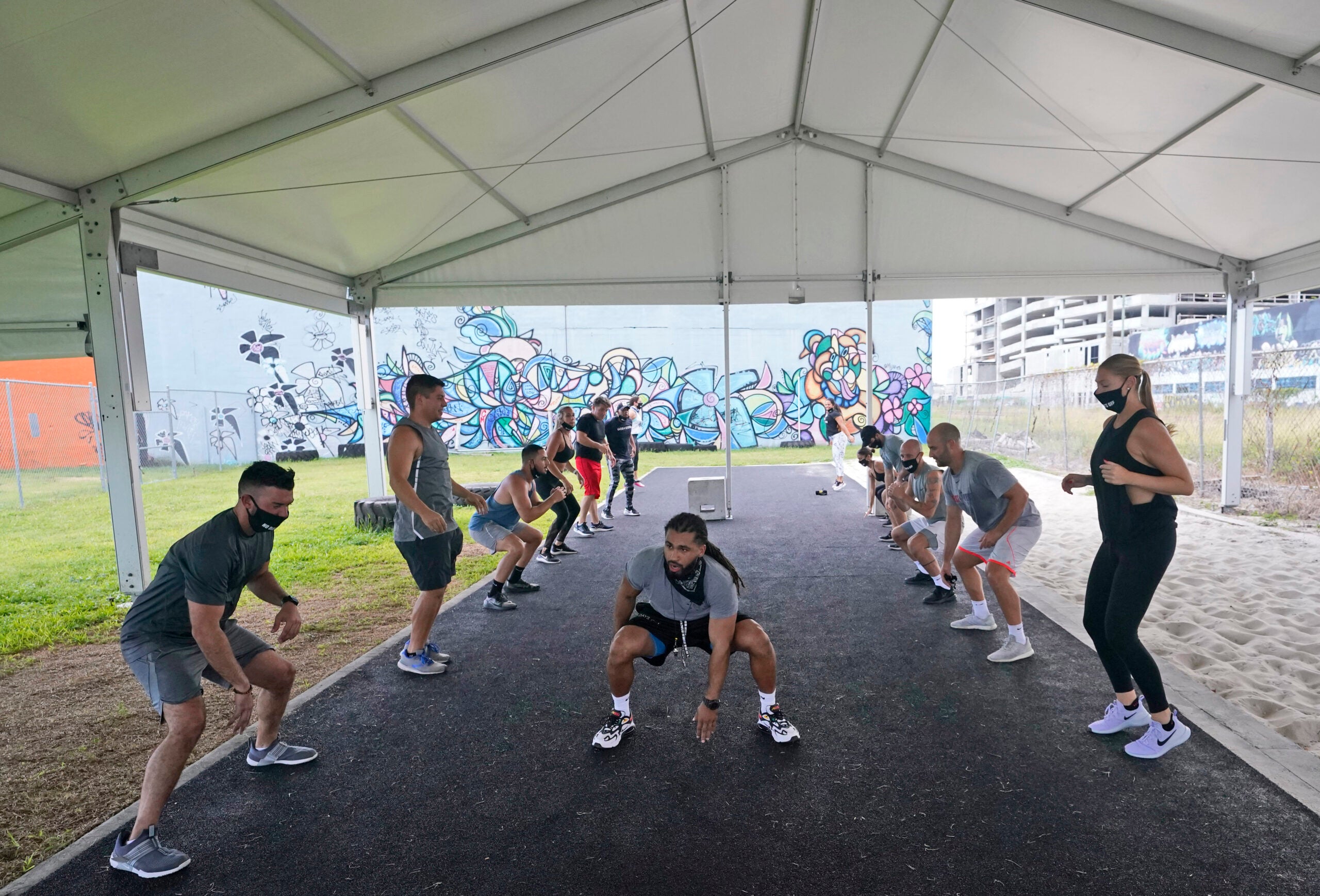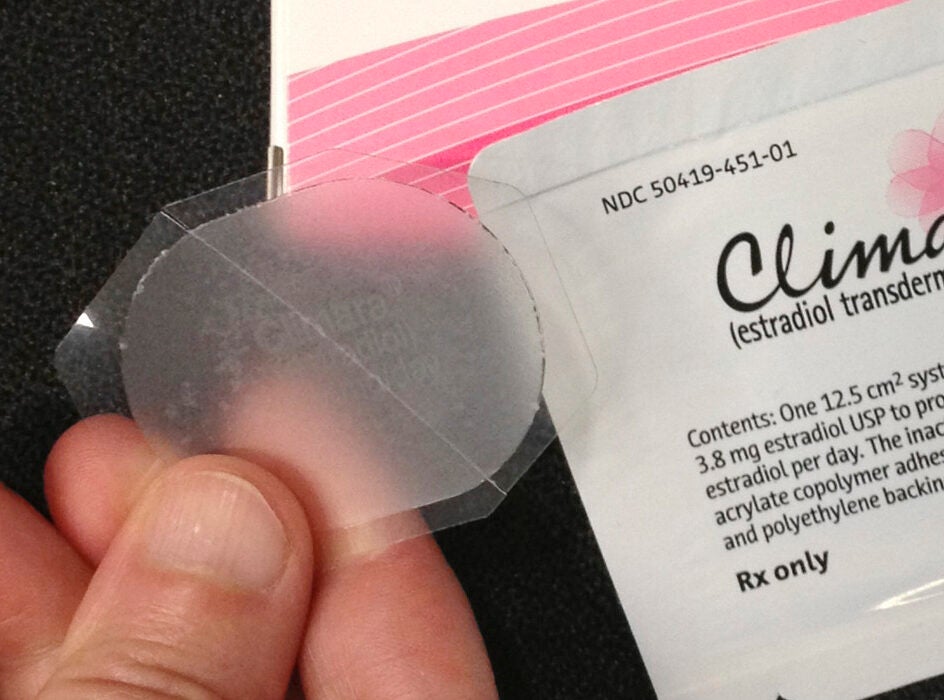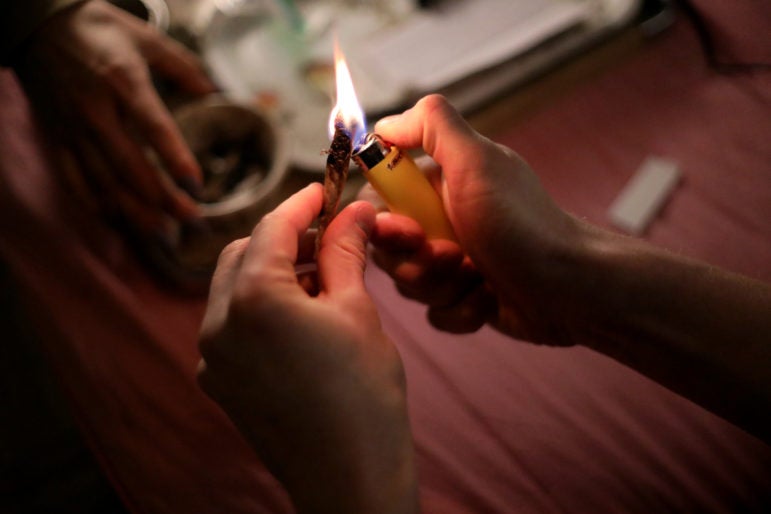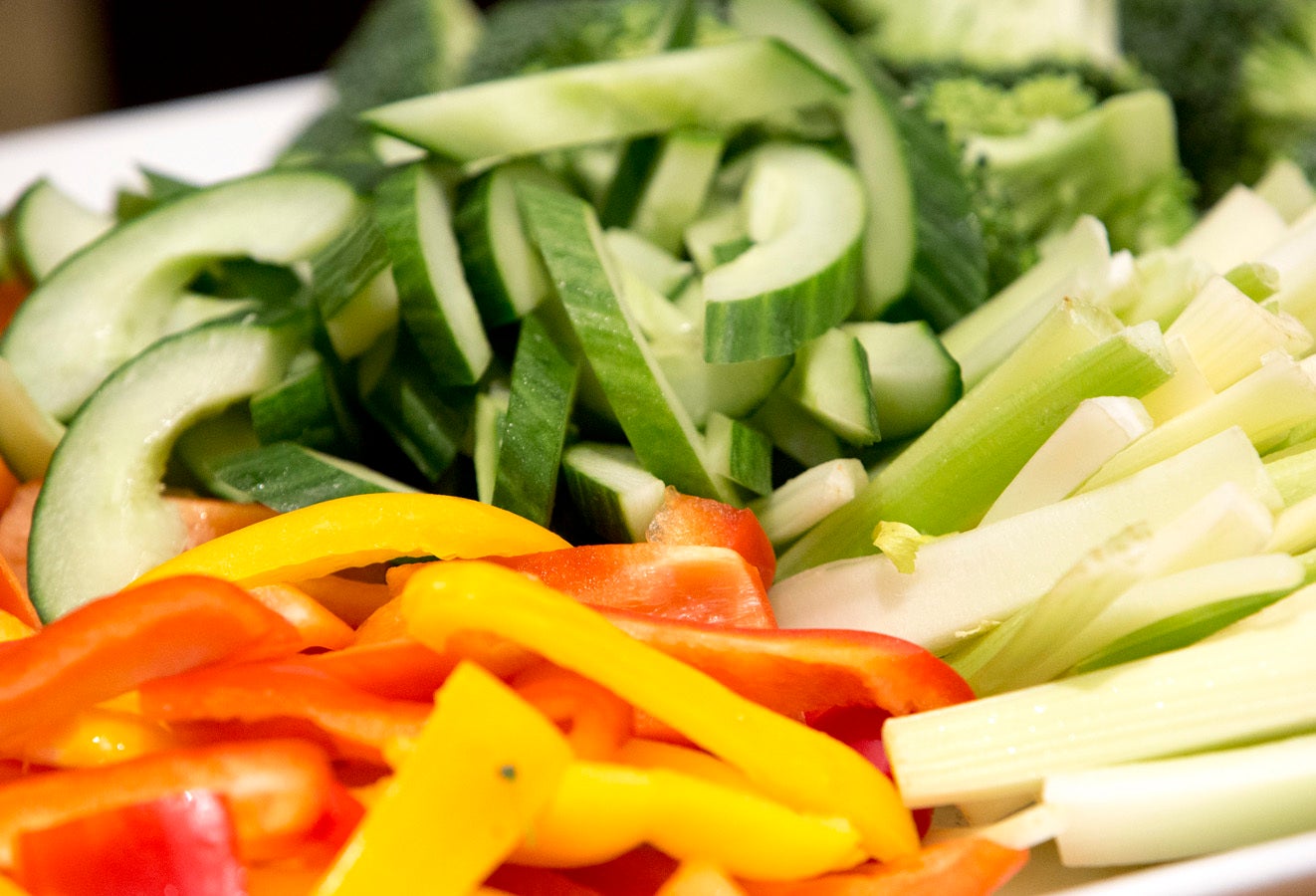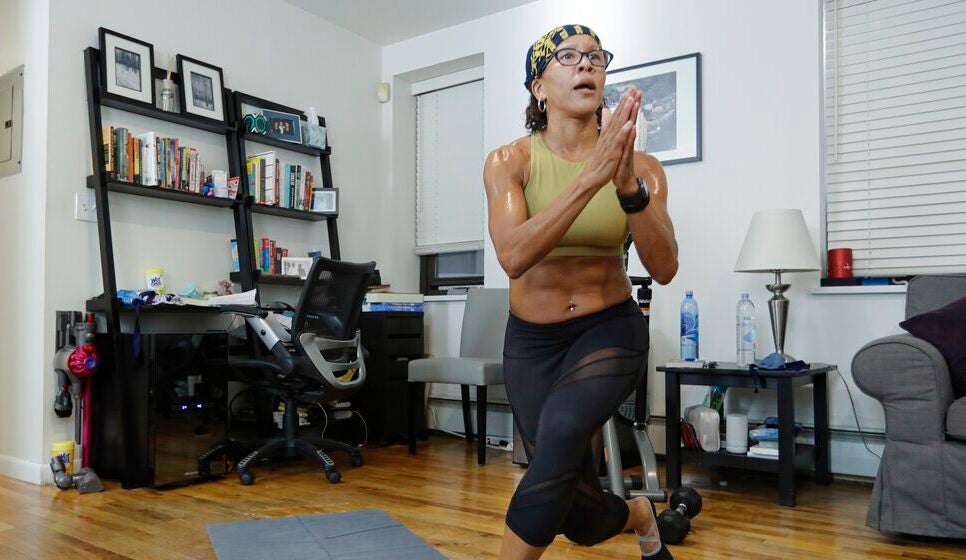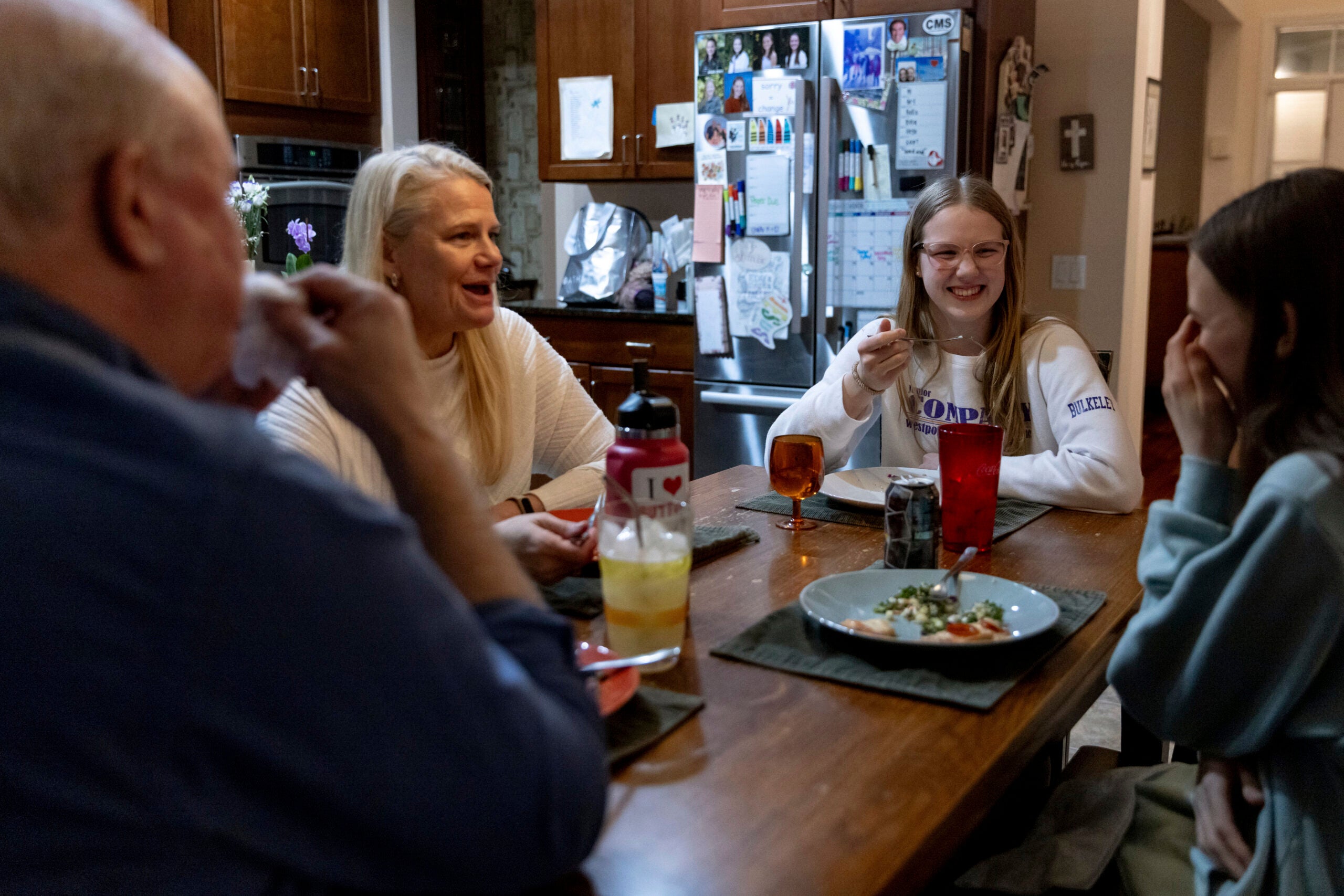Coffee. I just love it.
In the morning when I get up. At 3 p.m. when I’m looking for a break.
I have to be careful not to drink too much because, well you know, you can get the jitters, or if it’s too late in the day, it can disturb my sleep.
News with a little more humanity
WPR’s “Wisconsin Today” newsletter keeps you connected to the state you love without feeling overwhelmed. No paywall. No agenda. No corporate filter.
But lately I’ve had a cup of espresso just before I exercise. Wondering if that was good or bad, I scoured the literature and found a cup of java before you go out and do your thing can actually make you burn more fat.
The study came out of the University of Granada, in Spain, looking at whether or not taking the equivalent of a strong cup of coffee before running had an effect on fat burning and also whether morning or afternoon exercise made a difference. They also looked at whether exercising on an empty stomach is better for you.
The idea that exercising in the morning is better hasn’t been studied in depth — it’s just an idea that has been handed down for years without any scientific basis.
Researchers took 15 men and women in their 30s, testing them four times over a one-month period. No one drank any coffee during that time or had anything that had caffeine in it like power drinks or soda.
Sometimes they exercised in the morning, around 8 a.m. Sometimes in the evening at 5 p.m. They took pills every day. Some had caffeine and some did not. Their meals were standardized. The food was standardized. And their fat oxidation was tested by checking their belly skin fold.
What they found was not what you expected. First off, they found exercise in the afternoon seemed to burn more fat than exercise in the morning. Then they found a cup of strong coffee before exercise, especially if that exercise was on an empty stomach, seemed to make the fat run off even more.
My spin: This is only one study. Clearly we need more research to see what the optimal way to burn off fat is.
Also, this study was in 30-year-olds. I’m more than twice that age. My metabolism is clearly not what theirs is. I like afternoon exercise because that’s when my body and my mind say to do it. Lots of folks like their morning exercise because they “get it out of the way.” This study shows some of those “rules” you may have heard about are often just made up.
Food And Mood
While we’re on the subject of food, let’s switch over to some recent research published in the Harvard Review of Psychiatry concerning food and mood.
COVID-19 for some folks meant 19 extra pounds. Now that more than half the country has been vaccinated against the virus, it’s time to see how we can get out of that stressful, depressive, anxiety-filled time when many of us treated ourselves with ice cream, pastries and frozen pizza.
There is an emerging field called nutritional psychiatry. It’s the idea that our happiness and well-being may be linked to the foods we eat. That nutritiously dense foods — fruits and veggies, fish, eggs, nuts, seeds and beans, and fermented foods such as yogurt — might be a better bet for our mood.
Researchers analyzed some large observational studies with nearly 13,000 people. They found people who ate “better” food were less likely to need antidepressants, less likely to feel anxious, and more likely to adapt to difficult situations, such as what we’ve all experienced during the coronavirus pandemic.
One study they looked at, performed in 2017 before COVID-19, had people start the study by consuming lots of sugary food, salty snacks, sausages and processed meats and very little food with fiber — and cutting out the fruits and veggies. A few weeks later they switched the white bread to whole grain, the sugary cereals to oatmeal, and the pizza to veggie stir-fries. Sure enough, their mood improved.
During the study some folks were on antidepressants, some in counseling and some not. Researchers measured participants for depression and anxiety at the beginning of the study and at the end. When the folks ate better food they scored better. If they were depressed or anxious, they were less so with good food. People who weren’t in counseling or on antidepressants said they also felt better, lighter and happier.
Bottom line: You are what you eat. It’s time to dump those COVID-19 comfort foods and eat better. You’ll feel better, too.
Wisconsin Public Radio, © Copyright 2026, Board of Regents of the University of Wisconsin System and Wisconsin Educational Communications Board.

